The scientific community is now struggling to grapple with the ethics of human germline editing as another woman pregnant with a gene-edited baby is soon due to give birth.
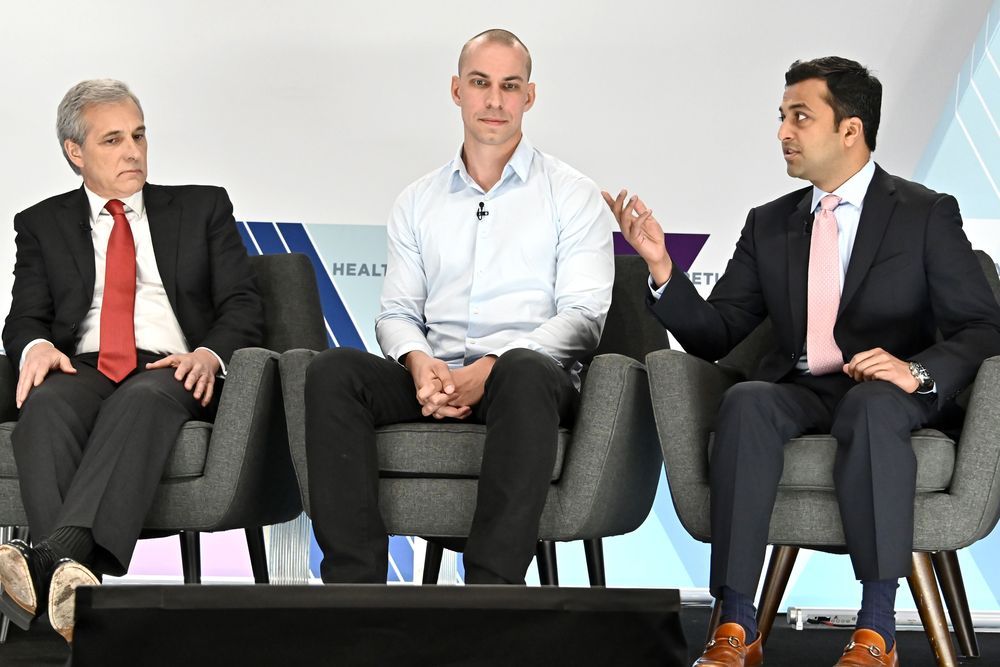

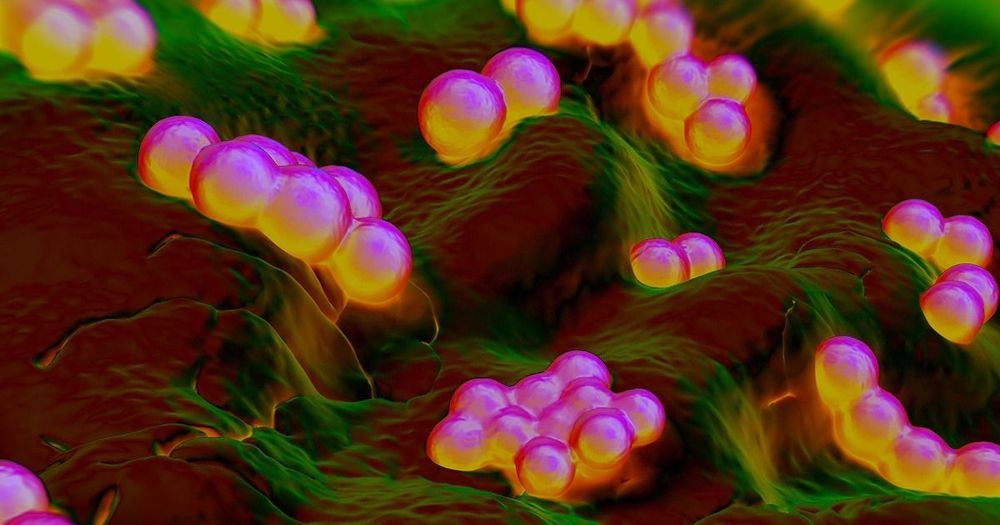
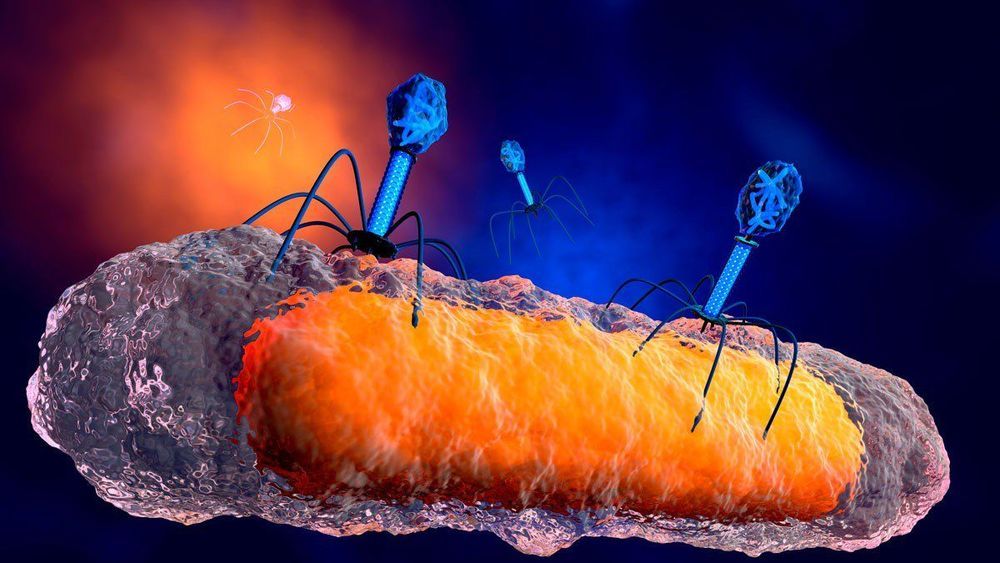
It’s a remarkable story of recovery, but it’s unclear how useful this sort of therapy could become.
The background: Isabelle Holdaway had been given less than a 1% chance of survival after a lung transplant, carried out to combat the symptoms of cystic fibrosis, left her with an antibiotic-resistant infection. She had been sent home and was in a terrible physical condition: underweight, with liver failure, and with lesions on her skin from the infection.
A breakthrough: Her consultant at Great Ormond Street Hospital in London worked with a team at the University of Pittsburgh to develop an untested phage therapy. This treatment used a cocktail of three phages, which are viruses that solely attack and kill bacteria. Two of the three phages, selected from a library of more more than 10,000 kept at the University of Pittsburgh, had been genetically engineered to be better at attacking the bacteria. The therapy was injected into her bloodstream twice daily and applied to the lesions on her skin, according to Nature Medicine.

Is it me? Or am I the only one who wishes George Church was not so secretive? https://www.nextbigfuture.com/2019/05/rejuvenate-bio-using-g…dogs.html?
Harvard Genetics Giant Geroge Church and Noah Davidsohn, a former postdoc in his lab, have engaged in a secretive antiaging venture called Rejuvenate Bio. They are making old dogs new. They have conducted gene therapy on beagles and are currently advertising for Cavalier King Charles spaniels to use gene therapy to fix their hearts.
They have identified many other targets for gene-based interventions, studying a database of aging-related genes.
Most of the work was done in mice, where they have extended the life of mice by a factor of two. Nextbigfuture notes that this would mean mice would live 6 years with treatment instead of 3 years.

LISTEN ABOVE: The director of the Twin Studies Center at California State University explains why all same-sex twins should get genetic testing.
Are you a twin? And if so, do you know with confidence whether you are an identical or fraternal twin?
Many parents rely on the results of an ultrasound. If there are two placentas, they assume they are carrying fraternal twins, and if there is one placenta, it’s assumed the twins are identical.
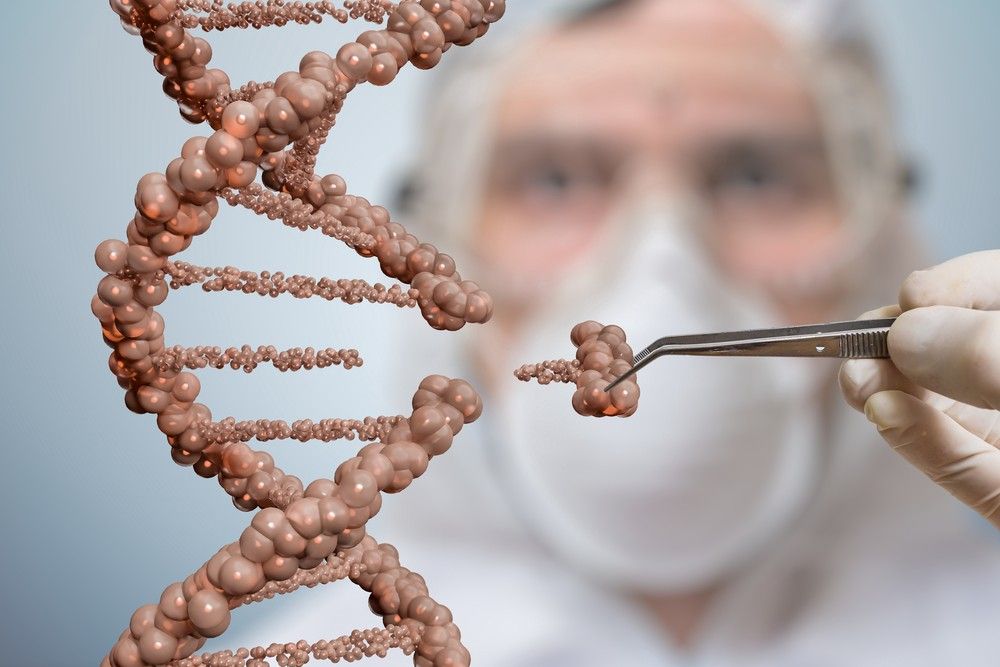
CRISPR technology is a simple yet powerful tool for editing genomes. It allows researchers to easily alter DNA sequences and modify gene function.
It has many potential applications include correcting genetic defects, treating and preventing the spread of diseases and improving crops. By delivering the CRISPR enzyme Cas9 nuclease coupled with synthetic guide RNA (gRNA) into a cell, the cell’s genome can be cut at a desired location, that allows existing genes to be removed or add new ones.

GEDmatch’s revamped genetic privacy policy could set off legal battles that go all the way to the US Supreme Court.
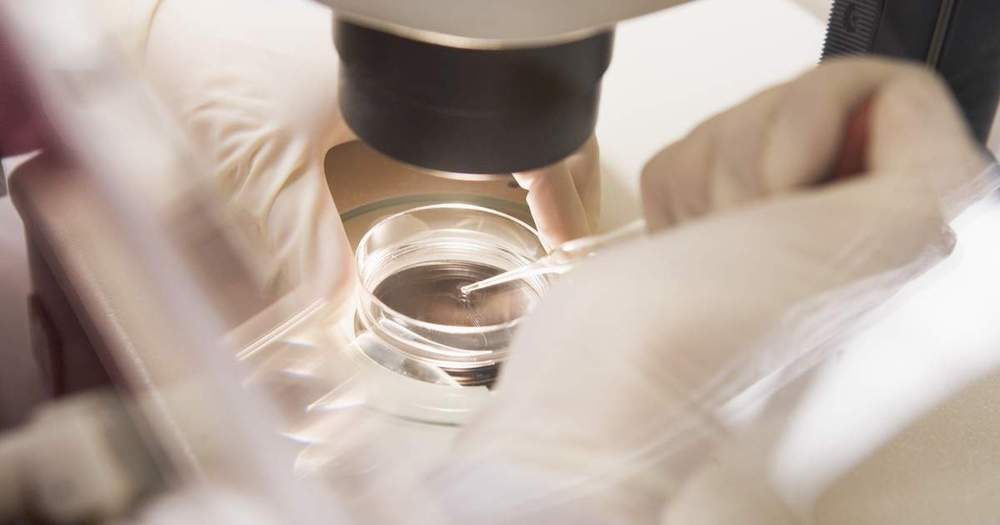
In the past 24 hours, a story of potentially world-changing import has surfaced. First reported by the MIT Technology Review and then not long after by the Associated Press, who seem to have been sitting on the story for a while, the news that a Chinese scientist named He Jiankui led an unprecedented experiment to edit human embryos and see them carried to term rocked the genetics community. Here’s what you need to know about this evolving story.
The science
Besides He, the most important players in this story may be twin baby girls named Nana and Lulu. As far as we know the twins were edited as embryos using CRISPR-cas9, a gene editing tool. The stated purpose of the edit was to disable CCR5, a gene involved in allowing HIV to invade cells, which is how a virus infects a host.
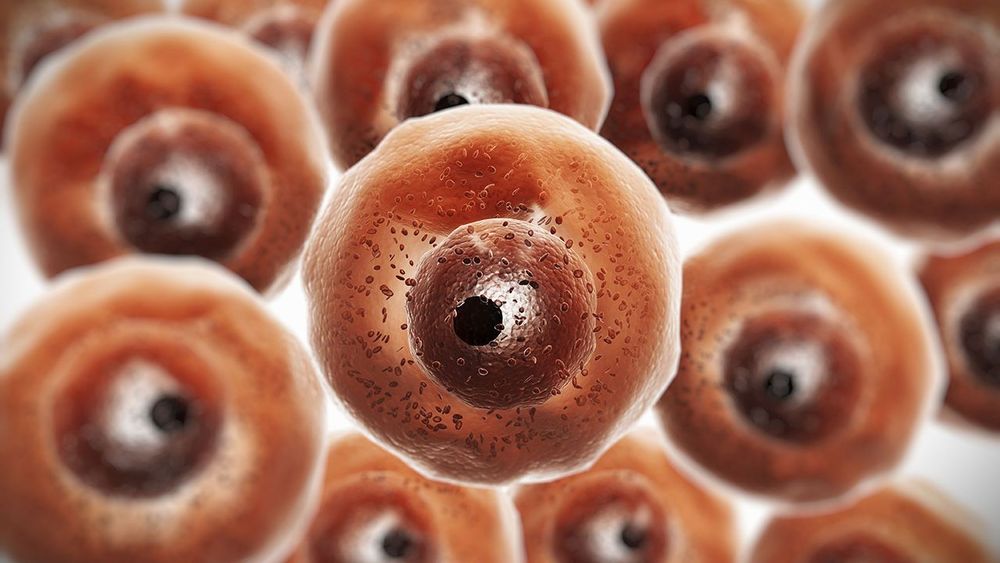
Researchers may have demonstrated a novel way to protect us from some of the world’s deadliest viruses. By genetically engineering immune cells to make more effective antibodies, they have defended mice from a potentially lethal lung virus. The same strategy could work in humans against diseases for which there are no vaccines.
“It’s a huge breakthrough,” says immunologist James Voss of the Scripps Research Institute in San Diego, California, who wasn’t connected to the study.
Vaccines typically contain a disabled microbial invader or shards of its molecules. They stimulate immune cells known as B cells to crank out antibodies that target the pathogen. Not everyone who receives a vaccine gains protection, however. Some patients’ antibodies aren’t up to snuff, for instance. And researchers haven’t been able to develop vaccines against some microbes, such as HIV and the respiratory syncytial virus (RSV), which causes lung infections mainly in children and people with impaired immune systems.